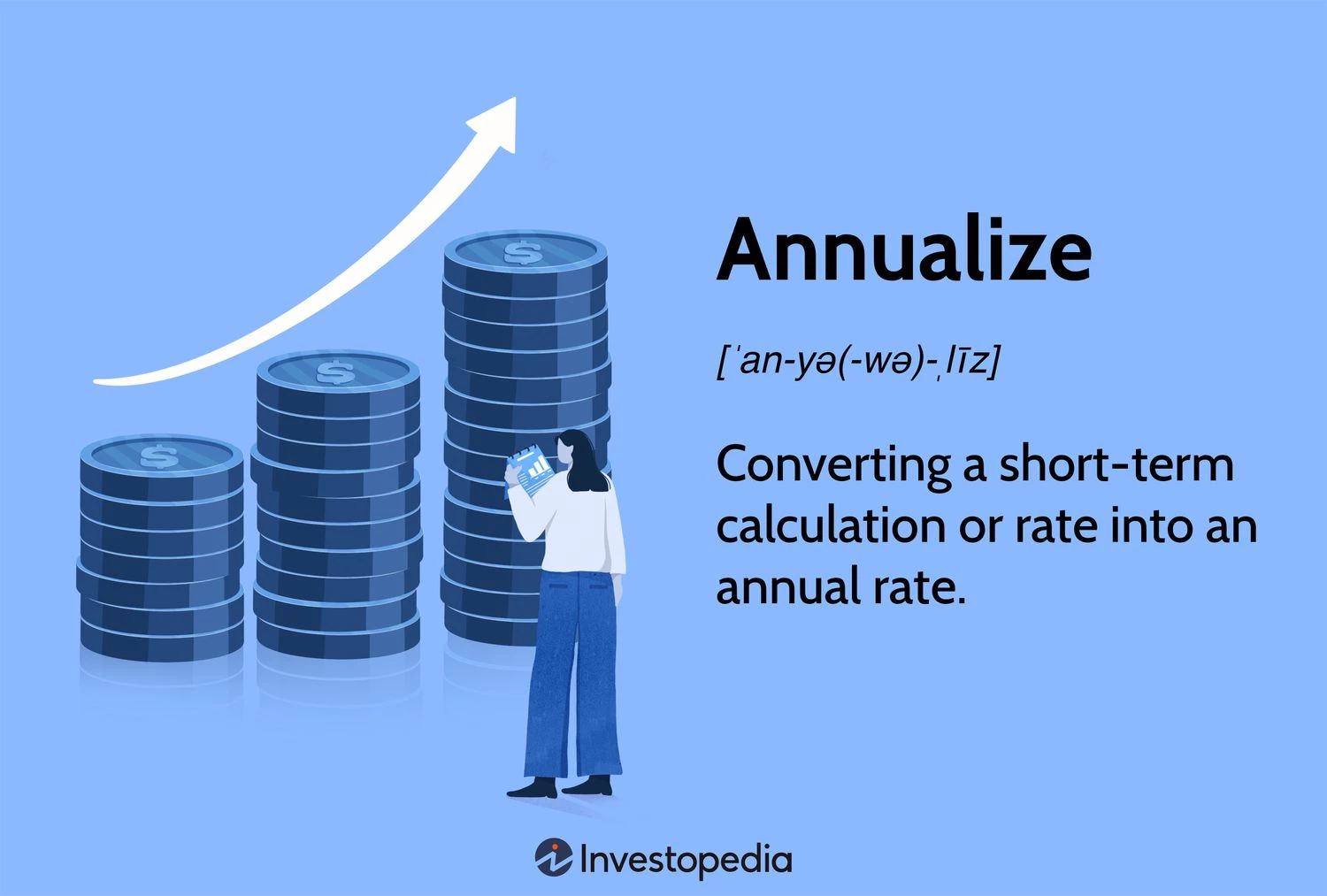Understanding the Mechanisms of Brokerage Fees
Investing involves various costs beyond your initial capital, including brokerage fees. Learn how brokerage fees work and impact your investments with different types of firms.
What Are Brokerage Fees?
Brokerage fees, also known as broker fees, are charges levied by brokers for buying, selling, or managing investments. These fees may include transaction fees, consultation fees, and other costs associated with account maintenance.
Brokerage fees can be flat fees or a percentage of the investment transaction. It is advisable to understand the fee structure of your broker to anticipate costs accurately before making any investment decisions.
Brokerage fees are prevalent in various financial sectors like banking, investing, insurance, and real estate.
Types of Brokerage Fees
Brokerage fees can take different forms, such as annual fees for account maintenance, research fees for investment insights, and inactivity fees for inactive accounts. Others include fund fees for managing investments, account fees, and AUM fees based on total asset value.
Factors That Influence Brokerage Fees
Key factors affecting brokerage fees include the type of asset being traded, trading volume, the brokerage firm’s fee structure, and the trading platform being used. Understanding these factors can help investors make informed decisions.
Type of Asset
Different financial assets incur varying fee structures. Stocks may have commission fees, forex trading involves spreads, and options or futures contracts have specific fee arrangements.
Trading Volume
Some brokers offer volume-based discounts where trading costs decrease as trading volume increases. This benefits high-volume traders with lower commission rates.
Brokerage Firm
Different firms have varying fee structures and services. Full-service brokers offer more comprehensive services, while discount brokers operate online with lower fees but minimal advice.
Trading Platform
Fees can vary based on the trading platform’s features and accessibility. Advanced platforms with real-time data may incur higher costs, while some brokers offer proprietary platforms with unique fees.
Full-Service Broker Fees
Full-service brokers charge commissions for their services, providing research, education, and advice. They may apply fees per transaction or as a percentage of the portfolio value.
As assets under management grow, full-service brokers earn more. Research thoroughly before choosing a full-service broker to align with your investment needs.
Discount Broker Fees
Discount brokers offer online trading with lower fees and minimal advice. These brokers attract cost-conscious investors with competitive pricing and user-friendly platforms.
Most discount brokers do not provide investment advice, focusing on execution at lower costs. Research thoroughly to find a reputable, low-cost broker that meets your trading requirements.
If you’re uncertain about market trends, seeking advice from a financial professional is recommended.
Do Your Own Research
Conduct thorough research before making investment decisions. Review SEC filings for transparent information and align your strategy with your investment goals, considering both revenue and net income growth in varying market conditions.
The Bottom Line
The financial industry has evolved with online trading options, offering investors a range of choices. Understanding brokerage fees and structures is crucial when selecting brokers that align with your investment style. Research brokers, consider fee structures, and make informed decisions to optimize your investment portfolio efficiently.





